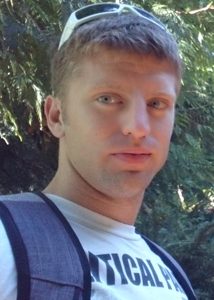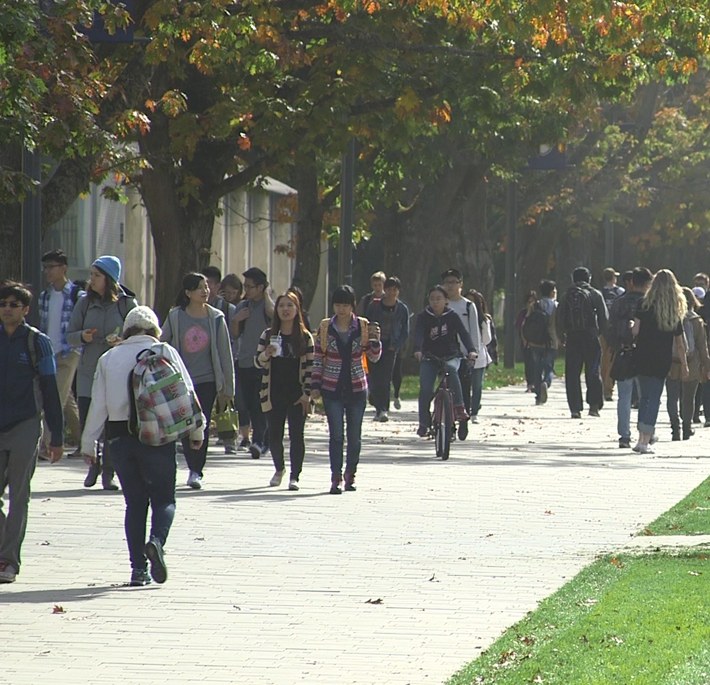Program: Master of Physical Therapy
Class of 2018
Hometown: Vancouver
 What attracted you to your field of study or research?
What attracted you to your field of study or research?
I worked as a personal fitness trainer for 3 years, and I loved the idea of prescribing, demonstrating and teaching exercise to clients. However, midway through my career, I became more interested in the pain management and functional rehabilitation side of exercise. This passion developed from working with injured clients and from experiencing injuries myself.
Physiotherapy will be a terrific profession for me because I can still do the exercise prescription I enjoyed doing as a personal trainer. However, it also involves a wide variety of hands-on techniques which I can use to help people feel and function better. Therefore, I can be both an exercise adviser and a “human body mechanic” through this one profession.
What excites you about the upcoming year?
To finally have a career-specific education towards the profession I have wanted to be a part of ever since I began my undergraduate degree. I am also excited to meet students and faculty members of the Department of Physical Therapy. It will be great to have a group of friends and colleagues who also keep foam rollers in their household and enjoy deep conversations about osteoarthritis and neuroplasticity.
What’s one thing we might be surprised to learn about you?
I did not excel in school at all growing up. After having an average below 60% throughout high school, I dropped out 10 years ago. Never would I have expected to be a student at UBC, let alone the MPT program. Thankfully I was motivated enough to become a physiotherapist, that I was able to bounce back from my past failures, and get to where I am today. I hope my story can show everyone that it is possible to recover from the setbacks of life. Whether it is a poor exam mark, or a physical injury, it doesn’t have to hold you back forever and there is always a way to make the outcomes better in the future.
Where do you see yourself in 5 years?
In 5 years, I see myself working primarily with individuals with neurological disabilities. Neurological conditions are very complex and often debilitating. Therefore, helping these people requires a lot of outside-of- the-box thinking which I feel I will be capable of as I get deeper into my physiotherapy career.
Best piece of advice: Don’t be afraid to look a little “silly” in order to achieve your goals. I find that too many people let the fear of being judged by others inhibit them from becoming what they want to be. The people who aren’t afraid to do jumping jacks in public are typically in better shape, and the people who go to their professor’s office hours every week typically get better grades. Once you accomplish your goal, the same people who once judged you will recognize you had a method to your “silliness.”
